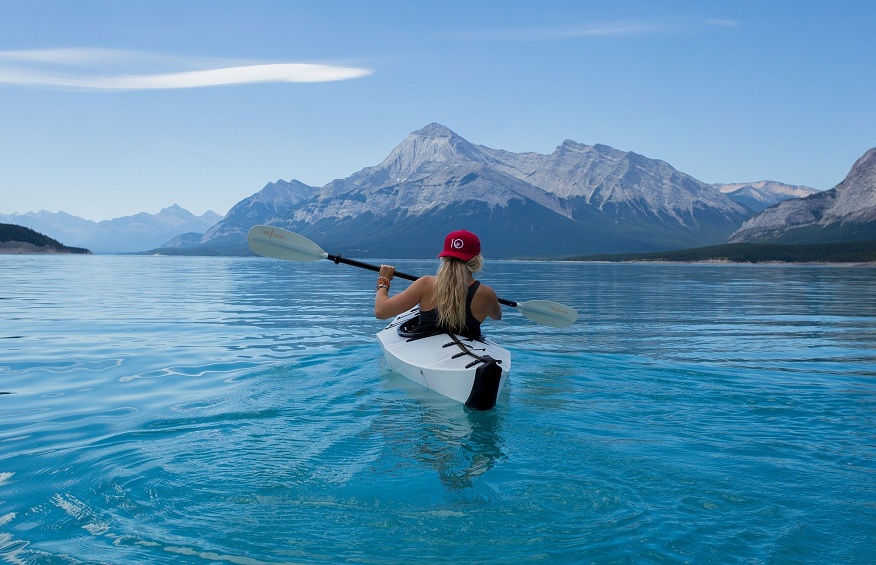Queensland’s Gold Coast is considered to be one of the most beautiful cities in Australia. From its stunning cityscape and architecture to the natural beauty of nearby rainforests and beaches, it is easy to understand why.
Each year, the city swells with visitors, those travelling not only from elsewhere in Australia but from across the world, many of whom want to enjoy the famed nightlife and cultural offerings. One of the most significant motivators that draws people to visit the region, however, is the fantastic watersports culture.
Being known for its beaches, as well as the aptly named Surfers Paradise, it is clear why so many watersports enthusiasts are drawn to visit. The city’s extensive shores are celebrated for their pure sands and clear waters, as well as reliable breaks that make them ideal for surfing. While it may seem that the waterfront is one extensive and impressive beach, it is actually broken up into a number of smaller locations, many of which are kept within small bays, estuaries, and even forests.
Surfing plays a significant role in the city’s history. The Gold Coast remains the primary location on the Association of Surfing World Tour, being renowned for its assured and high-quality surfing opportunities. While there are a few rockier locations along the coast, the majority of the city’s beaches are pure sand and its waves predominantly break over sand bottoms, as opposed to reefs like many other locations. Some say the city is also home to the most surfers per capita in the world.
This variety of environments supports various watersports, including a great many of those outside of surfing. Swimmers, kayakers, and paddleboarders, for example, all make use of the beachfront waterscapes, exploring the coast and soaking up the skyline in ways others cannot. Windsurfing has also become popular too, seeing a resurgence over recent years.
Interestingly, however, it isn’t solely the city’s beaches that make for such a vibrant watersports scene. The Gold Coast is also celebrated for its extensive network of rivers and lakes. These waterscapes play an important role in the culture of watersports, offering a number of exciting paddleboard locations and wild swimming destinations for individuals and local groups, all of which contribute to the city’s reputation as a key destination for those who enjoy the water.
There are a number of other institutions and social groups around the region too, including those that offer jet boat and scuba diving experiences, as well as more lengthy wilderness adventures. Such escapes are ideal for those visiting the city and those who call it their home, offering the chance for individuals and groups to travel through the region’s rich landscapes for an unrivalled natural experience.
Those who are particularly interested in wild swimming will also be happy to know that there is an extensive community dedicated not only to supporting the activity and preserving the natural beauty of rural environments but also to sharing hidden swimming holes, such as Cougal Cascades and Tallebudgera Creek.

